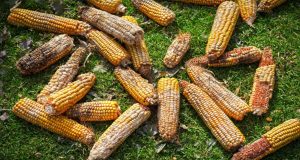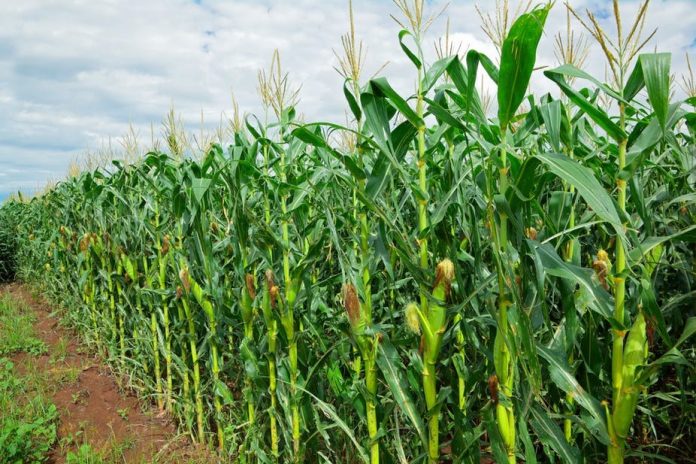Maize used to be a lucrative deal. Having an acre of maize in Kenya was compared to owning a goldmine, farmers were untouchable. Year after year, the maize production increased. Brought to the country by our colonizers, the dabbed ‘gold’ produce rose from 940 tons in 1961 to 3.19 million tons in 2017. Though the country’s maize production has fluctuated substantially in recent years, a steady increase was experienced through 1968- 2017 period ending at 3.19 million tons in 2017. However, the once eye-catching ‘mineral’ has turned to a game of thrones with only a selected few enjoying the end product. In its latest economic update, the World Bank holds a dim view of the government reform commitment to the maize sector which happens to be a major driver of the economy and employment as well. Shockingly, half of the population depends on maize either for subsistence or commercial purposes.
Where did we lose our groove?
The National Cereals and Produce Board (NCPB), a government body meant to purchase maize for strategic food reserve, has not played its role in its mandate other than cave to the musical tune of the few in control, leaving farmers to earn less than their planting and harvest expenditure. Let’s break down the iceberg.

In the harvest year 2015/2016 NCPB, purchased an estimated 497 thousand tons of maize from Kenyan farmers. In the year 2017/2018, it purchased an estimated 3.62 million tonnes, is the biggest purchase in the past five years. Nevertheless, the harvest in both years had each hit an estimated three million tons.
A rapid food assessment test conducted by the Ministry of Agriculture found out that the country had about 21.3 million 90 kg bags of maize equivalent to 1.9 billion kilograms of the staple. Small scale farmers are holding a bulk of the maize as well as the traders eagerly waiting for a time that maize prices favour them.
In 2016 NCPB, imported an extra 4 million maize bags from the approved 6 million bags costing the taxpayers a deeper hollow to their pockets. NCPB biggest purchase in the past five years was in the harvest year 2017/2018, using that to shun any queries on why there is a need to import more maize while the country is self-sufficient.
Related article: https://www.nation.co.ke/news/Maize-cartels-set-to-make-a-fortune-from-food-crisis/1056-5075064-dght26/index.html
The body has been criticized for buying maize at a premium price above that determined by the market price resulting in fiscal reserves and misallocation of funds. Corruption and lack of transparency in government agencies have also been a point of reference. In a 2018 audit, revelations indicated that maize purchased by the body was from well-connected traders who imported their grain at the expense of the local farmers. To add insult to an injury, Senate investigation revealed that maize worth billions was rotting in NCPB stores.
Megaprojects such as the Galana Kulalu worth 7 billion shillings meant to cushion the country from effects of food insecurity and bring down the cost of maize have dried up. In the maize business one thing stands out, money is thicker than blood.
Are we redeemable?
Government and policymakers must re-think and take on a multidimensional approach to agriculture. Farmer co-operatives that can organize the acquisition of maize produce prior so as to empower farmers and help farmers access markets.
Government bodies in charge of maize handling should be transparent so as to earn trust from the farmers. Middlemen will only be a non-issue once a clear and transparent layout is laid by the government regarding maize sale after production.
Maize storage should also be addressed as a majority of the farmers still encounter this challenge after harvesting their produce. They are forced to sell their produce at throwaway prices hence incurring losses from time to time. Maize will only be redeemed once smart policies are fully implemented, otherwise, it will steadily act like a sore sight for the farmer’s eye.



